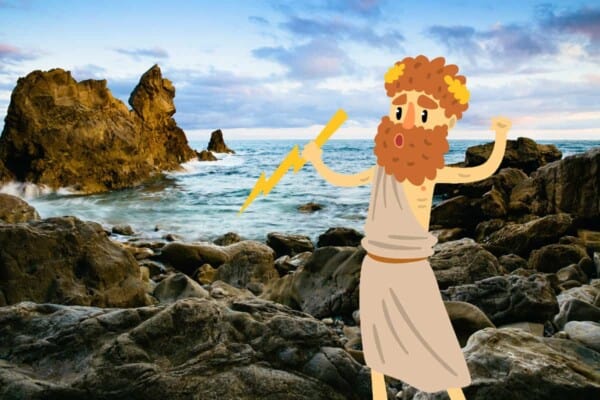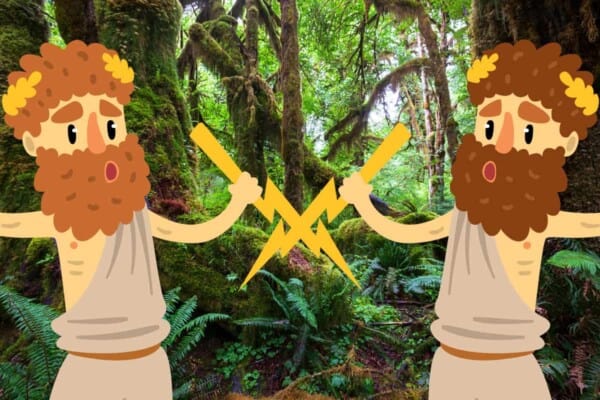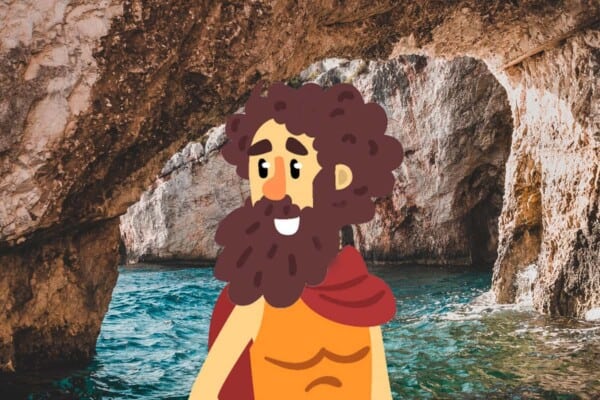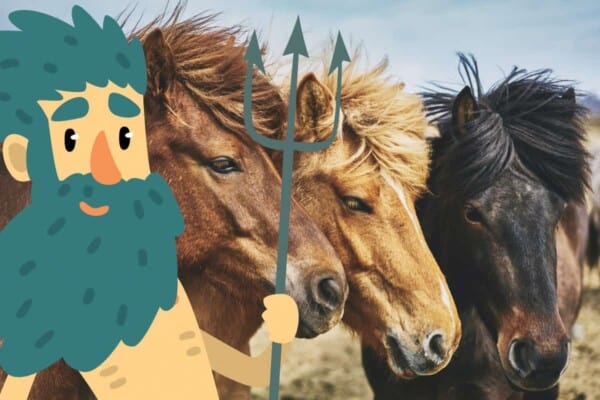Hades and Ares were perhaps the two Greek gods most famously associated with death – one with war, and one with the afterlife.
But how do this nephew and uncle compare?
Hades and Ares were both related to death and both shunned by the other members of their family, but they shared more differences than they did similarities. While both gods carried a certain divine pride, their personalities were otherwise totally different. Hades was a hard-worker who was quite aloof and happy to stay within his realm. He was uninterested in mortals and saw death as part of the balance of life. Ares, on the other hand, was bloodthirsty and vicious. He killed for killing’s sake and involved himself in many mortal and divine conflicts just for the love of war.
What’s the difference between Hades and Ares?
Family
Hades
Hades was the one chosen to rule the Underworld, following the battle against the Titans. Later, he ruled alongside Persephone, his wife, daughter of Demeter. Hades and Persephone had a son, Zagreus. In some versions, they also have another son, Plutus. There are also some myths that claim that Dionysus and Melinoë were also their children.
Hades has been mentioned as Makaria’s father in Suda, although no mother is mentioned. In Virgil’s version of the myths, Hades is also the father of the Erinyes (Furies).
The Underworld god was brother to Zeus, Poseidon, Demeter, Hera, Hestia, as well as the centaur Chiron. He was the son of the Titans Cronus and his sister Rhea. His grandparents were Uranus and Gaia, Uranus’s mother. Hades also had a plethora of niblings, including some other Olympians and deities. He was very close to Hermes.
He also had a cherished companion, Cerberus, the three-headed dog.
Ares
This god of war was the first (and sometimes only) trueborn son from Hera and Zeus’s marriage. Hades was his uncle by both parents, as were the rest of the children of Cronus. Through Zeus he had many siblings both god and mortal. His sister Athena was his counterpart and also his greatest rival.
Ares never married but he took several consorts. His most beloved was Aphrodite, with whom he had many children including the Erotes, Phobos and Deimos, and Harmonia. He had many children with others, divine, semi-divine, and mortal. By Otrera, he was the father of the Amazons.
Major Myths and Roles
Hades
Hades was the eldest of Cronus’s children and the first to be swallowed by the Titan. He was later freed by Zeus and followed his brother into a successful war to overthrow Cronus. After this, the realms of the world were split between the three brothers – the sky and heavens to Zeus, the seas to Poseidon, and the Underworld to Hades. Hades was not satisfied but was bound by the drawn lot.
Most famous is the story of Hades and Persephone. At the urging of Zeus, Hades abducted Persephone and made her his wife, much to the ire of Demeter, who was very protective of the girl. Persephone’s initial willingness has always been in debate. In any case, they were reasonably loyal to each other (with a few exceptions), and the two ruled equally as king and queen.
Unlike more Satanic figures, Hades was passive or even altruistic. He did not particularly enjoy bloodshed and instead favored balance and order. He didn’t care much for the drama of the living world as he paid full attention to his duties below.
That said, he could become fierce and enraged if anyone ever tried to escape his realm. He was ruthless to Sisyphus, who tried to cheat death, and even more so to Pirithous. The latter tried to steal Persephone away as his own wife and was consequently confined to the Underworld and forced to forget all of his memories and complete sense of self.
Hades loved two other women than Persephone, both nymphs. A jealous Persephone transformed Minthe into the mint plant, but Leuce lived and died in the Underworld before Hades transformed her into a tree. This white tree became important to Hercules, who took wood from it to crown himself after his successful journey to the Underworld and back.
Ares
Ares was a bloodthirsty war god who the Ancient Greeks viewed with some ambivalence. Though he was one of the Olympians, he was one of the least popular both amongst mortals and amongst the gods themselves. When Ares was wounded at Troy, Zeus showed disdain toward him, claiming that his wounds were his own fault due to his love of conflict and that he only tolerated Ares because he was his son!
In most myths, Ares was exposed to ridicule for his bluster and anger. He fought opposite Athena in the Trojan War and the two competed to see which had the correct approach to warfare – his which relied on slaughter, or hers which relied on strategy. In general, Athena always came out on top.
However, the Thracians and Spartans both admired Ares where the general Greek populace did not. They saw him as a strong soldier who was representative of the martial spirit and victory.
Ares’s most famous consort was Aphrodite, who at the time was married to Hephaestus, son of Hera. Hephaestus was either Ares’s half-brother by parthenogenesis or his full brother by both Zeus and Hera. Ares and Aphrodite fell in love and had many children. When Hephaestus found out about the affair, he made a net of chains and threw it over the sleeping couple.
They were dragged naked in the net to Olympus to be mocked by the gods until they were eventually freed by Poseidon. Ares had to pay the adulterer’s fine. Some stories say that Aphrodite and Ares’s son Eros was passed off to Hephaestus as his own, which doubled the anger when the deception was later discovered.
Ares was fascinated with death but paid no heed to the Underworld. His main joy came in the victory of spilling blood and emerging triumphant.
Final Thoughts
Ares and Hades didn’t have very much in common, but they’re often associated with one another nonetheless. Their close approximation to death and destruction and the influence of different religious myth later blurred the lines between them, giving a false image of Hades as a bloodthirsty devil.
This, however, wasn’t the case. Hades wanted to be left alone, while Ares, who thrilled in causing death, wanted the exact opposite thing.













